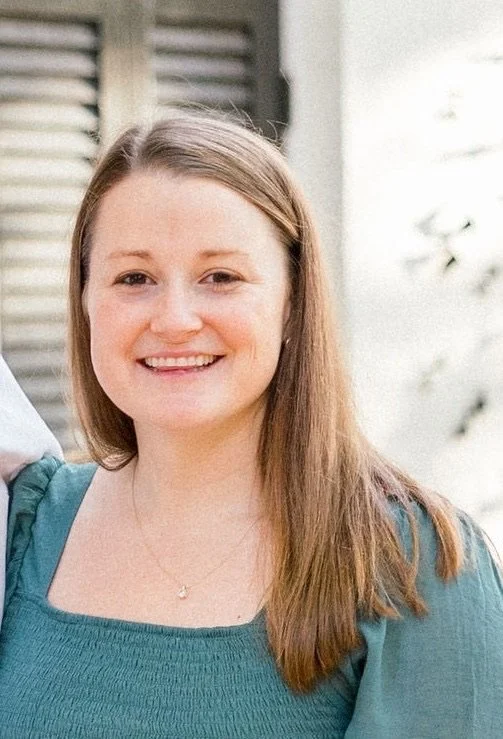As a Physical Therapist, I'm Redefining "Normal" for Women's Health
The summer is over, and it’s finally time to take care of yourself. No more running from camp pick-up to camp pick-up, sweating the minute you step outside, or frantically making travel plans before kids head back to school. September always brings a sense of calm as we settle back into routines and the weather (hopefully) cools off.
But here’s the thing: most of summer is spent caring for everyone else—managing kids’ activities, family schedules, and work demands. Somehow, women are still the least likely to prioritize themselves, only seeking care when things become unbearable.
While I am in awe of what we accomplish, it frustrates me that women’s health has taken a back burner and that we are okay with the status quo. When did we start accepting that it’s okay to have: endurance and strength deficits months-to-years after cancer treatment, joint stiffness after radiation, lymphedema after cancer surgeries, involuntary leaking while running, jumping, sneezing, laughing, squatting, and/or coughing, constant heaviness in your pelvic region, pain with gynecologic exams and intercourse, hip and back pain, joint pain with perimenopause/menopause. Why are women not being taught specifically how to strength train when being diagnosed with osteoporosis and osteopenia? The blanket statements of “it will get better with time,” or “just be active”—are not cutting it!
Before I continue my rant, let me tell you a little about me. I’m Sara Acheson, a Women’s Health Physical Therapist, and I see firsthand how much women accept as “normal”: loss of strength and endurance years after cancer treatment, joint stiffness from radiation, lymphedema after surgery, urinary leakage when laughing or running, pelvic heaviness, pain during exams or intimacy, hip and back pain during menopause, or not being taught how to strength train with osteoporosis. Too often, women are told “it will get better with time” or “just stay active.” That’s not enough.
My journey started in 2018 during a lymphedema course that completely shifted my career. We studied the impacts of chemotherapy, radiation, and surgery, not just on lymphedema but on the whole body. That lightbulb moment convinced me: patients deserve whole-person care, not piecemeal fixes. Later, during my own pregnancies, I was frustrated to discover how little support women receive before and after childbirth. Pelvic floor physical therapy can help women prepare for delivery, heal afterward, and regain strength, whether they have a vaginal or C-section birth. But this essential care is often overlooked.
When my dream job of launching an oncology rehab program fell through during maternity leave, I realized it was a turning point. In 2024, I opened my own women’s health clinic, Athena Wellness with a mission to treat the whole woman: oncology, pelvic floor, and beyond. Our goal is to create a safe space where women receive one-on-one care for issues that are common but not normal. Whether it’s cancer recovery, urinary urgency, constipation, back pain, osteoporosis, or overall strength and endurance, we want women to know they are not alone—and they deserve better.
If you would like to hear more, please feel free to call or visit Athena Wellness and Physical Therapy.

